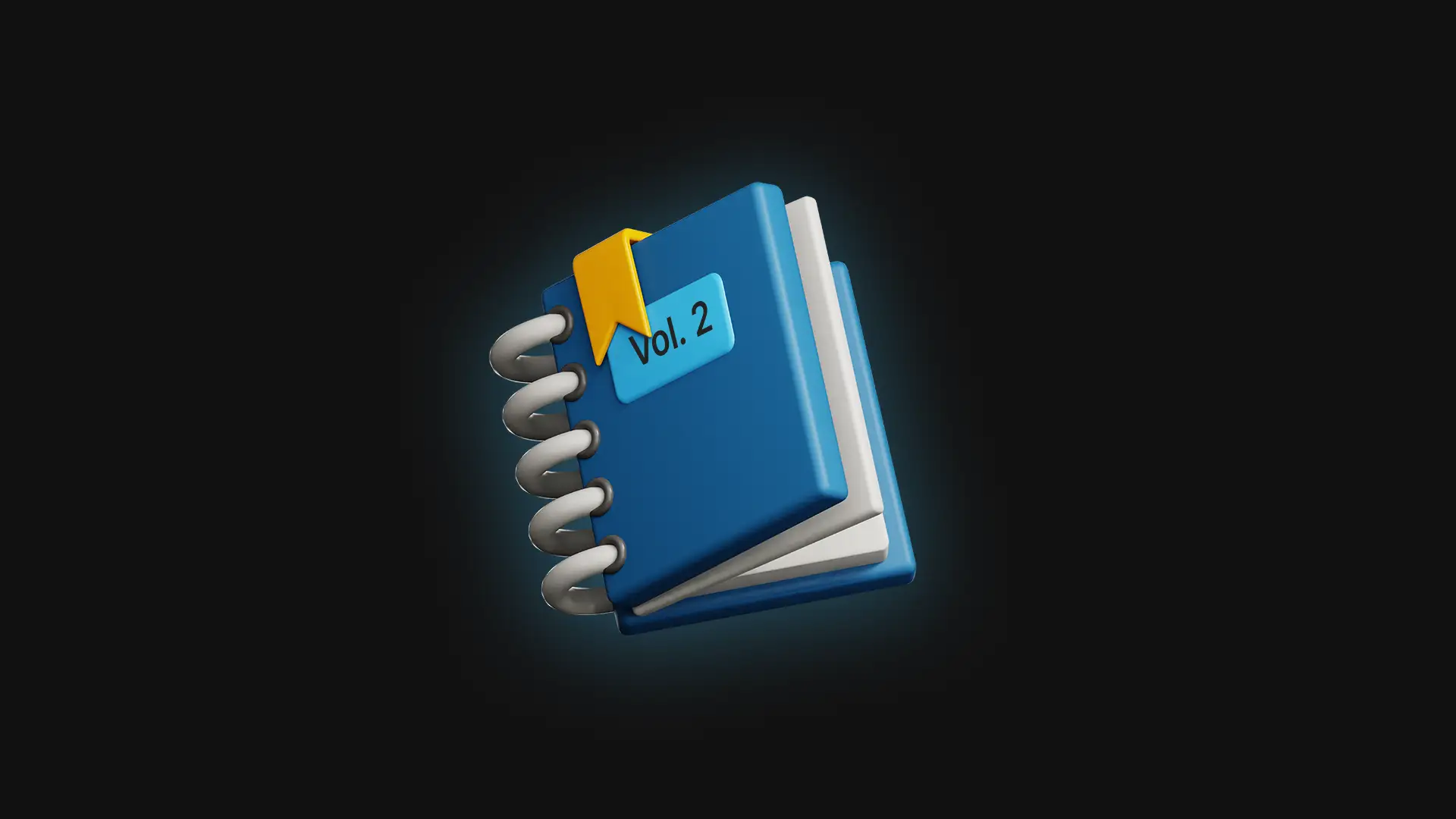In this volume of “College Athlete Vocabulary”, we will expand on some more complicated but still important terms that will be good to know before you go to college to compete in sports.
✳️ Amateurism
The principle of college athletes should not receive additional compensation for their athletic performance beyond a scholarship.
🕵️ Compliance
The process of ensuring that college sports programs follow the rules and regulations set forth by the college athletic federations (NCAA, NAIA, NJCAA).
✉️ National Letter of Intent (NLI)
A binding agreement between a student-athlete and a college that states that the student-athlete will attend and play for that college.
👋 Waiver
A special permission granted by college athletics federations or a conference to a student-athlete or a college that allows them to bypass or modify a rule or regulation that would otherwise apply to them.
🟥 Redshirt
A student-athlete who does not compete in any games for a season. There are two main scenarios for such an event to take place:
- The occurrence of an injury that needs a substantial period to recover from.
- Foreseeing limited game time
🛫 Transfer
The process of a student-athlete moving from one college/university to another to continue their academic and athletic career.
🔄 NCAA Transfer Portal
Established in 2018, the transfer portal acts as a compliance tool to manage and facilitate the process for student-athletes seeking to transfer between member institutions.
👨💼 Athletic Director
The administrator who is responsible for overseeing the entire athletic department at a college or university
🩹 Athletic Trainer
An athletic trainer focuses on preventing and treating sports-related injuries for college student-athletes. In European medical staff standards, his role would be more related to what people refer to as a physiotherapist.
💪 Strength and Conditioning
A program of exercises and training designed to improve athletic performance and prevent injuries.
If you appreciate this set of college athlete vocabulary, why not expand your knowledge base even further? Check the links below:
